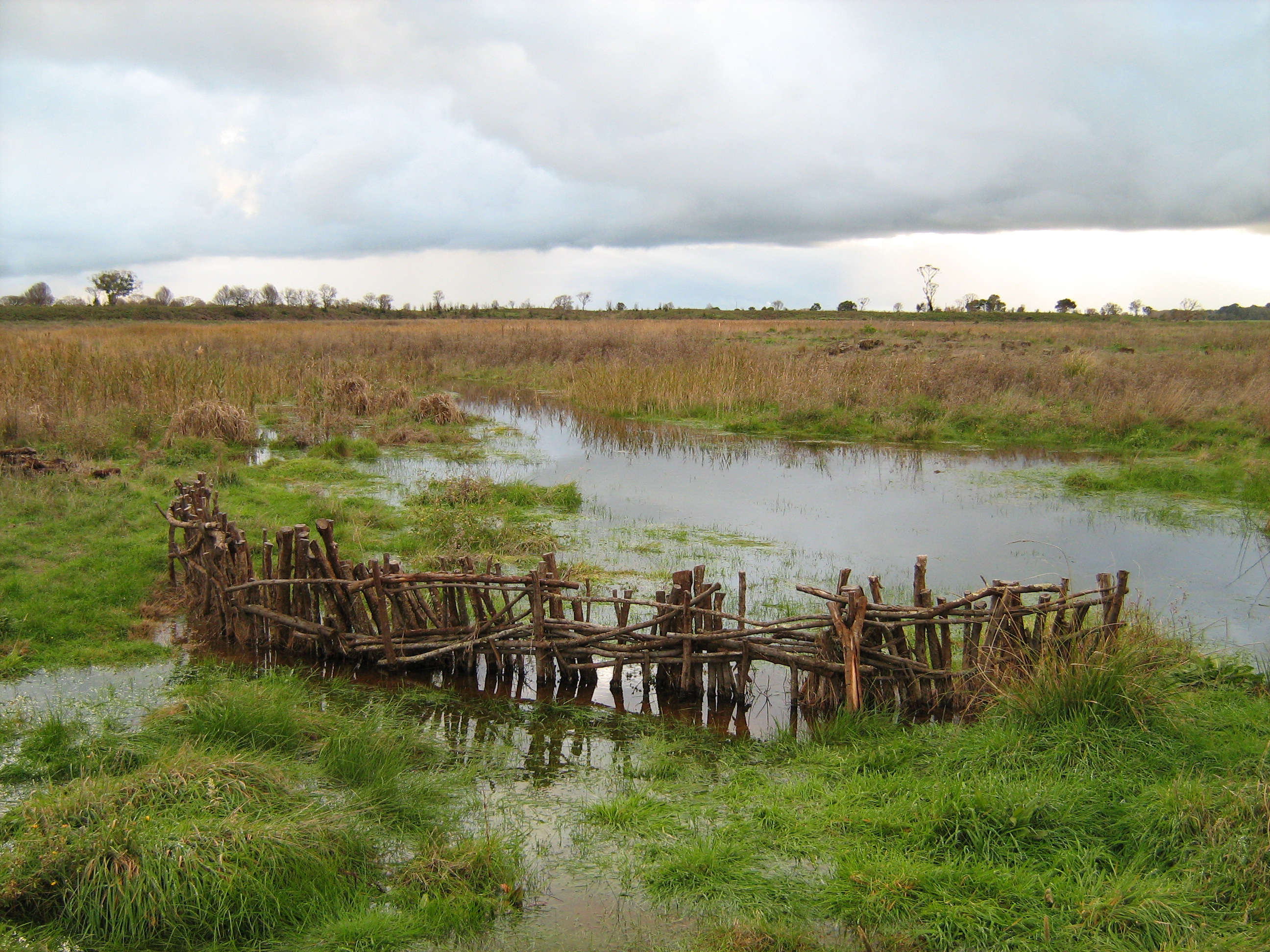

The colonisation and occupation of Gunditjmara Country led to the loss of some traditional knowledge concerning the functioning of the Gunditjmara aquaculture system and particularly when access to such places was restricted because of private ownership by non-Aboriginal people. Starting from 1984, parts of the land were gradually returned to and purchased by Traditional Owners and with the return of lands to the Gunditjmara following the 2007 native title determination, the Gunditjmara’s focus turned to restoring the water flows and the revitalisation of the aquaculture system. Contemporary Gunditjmara knowledge and practices are renewed and revitalised through inherited customary knowledge. The continuation of traditional expertise (both as knowledge and practices) of Gunditjmara Traditional Owners, in combination with the protected area management expertise of government agencies, have allowed for the establishment of an enhanced adaptive management model through ‘two-way learning’. Gunditjmara customary knowledge concerning cultural water flows extends back more than 6,700 years.
The continuation of traditional practices – particularly maintaining and creating channels (yereoc), weirs (from both stone and wood) and dams and modifying ponds and sinkholes – are enabled by recorded knowledge (including personal, Elder and community memories) and historical documentation. Additionally, a key element for continuing aquaculture practices has been the returned ownership of the place to Gunditjmara Traditional Owners.
- Water flow – which is an attribute of the Gunditjmara aquaculture system, has been substantially returned to the Tae Rak-Killara system as a result of the Gunditjmara initiating the construction of weir on Tae Rak in 2010. This important ecological restoration, and the return of additional water to the aquaculture system, continues to enhance understanding of the system and has enabled the Gunditjmara to recollect oral and written knowledge associated with the functioning of the kooyang (eel) aquaculture network.
- The return of Country and the renewal of Gunditjmara continuing knowledge and practices concerning aquaculture have been powerful actions that have supported the Gunditjmara’s sense of spirit and feeling of the place